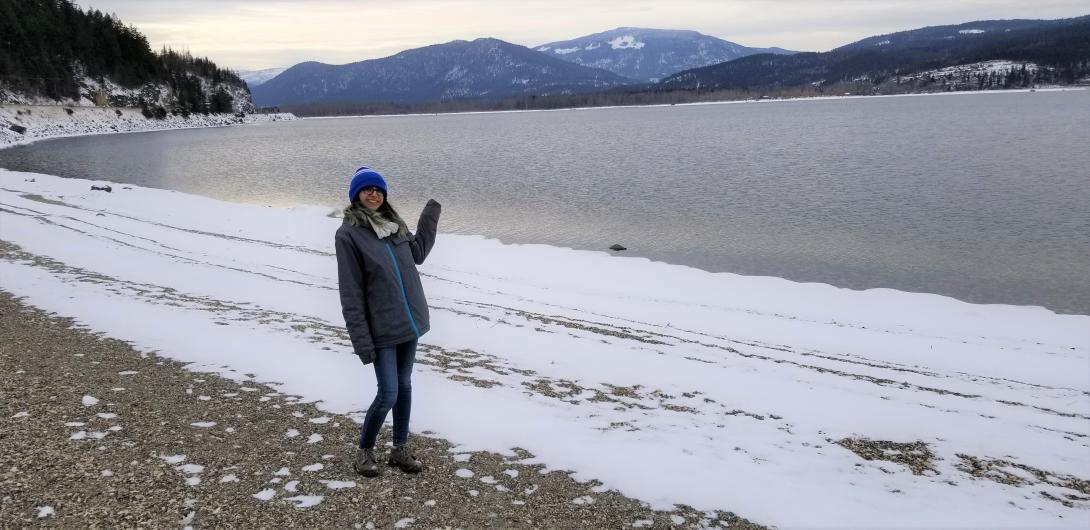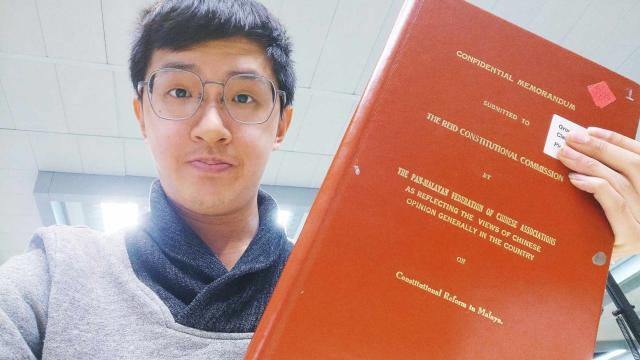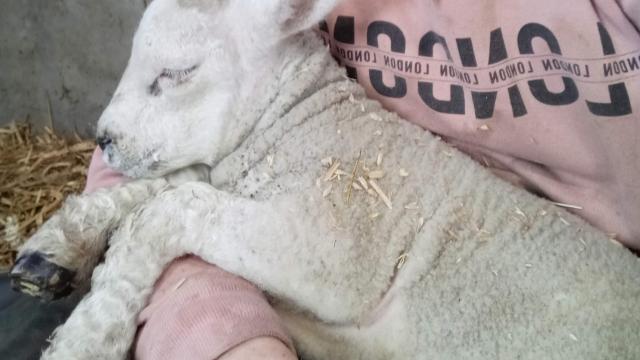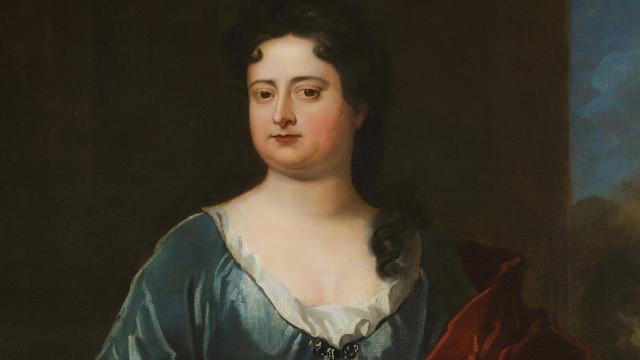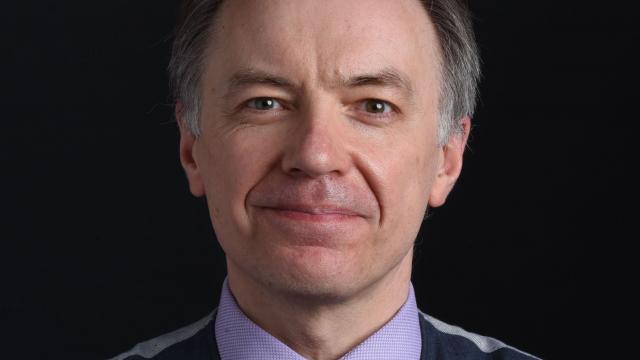
A St Catharine’s postgraduate student has been raising awareness of the changing face of polar exploration through her work with Polar Impact, an inclusive network of volunteers founded in Cambridge in 2019 to connect and amplify the voices of Black, Asian, Indigenous and minority ethnic professionals and people of colour working in polar research.
Pearl Ayem has been a Polar Impact co-organiser since she arrived in Cambridge in September 2021 for the start of her MPhil in Polar Studies:
“I started following Polar Impact during my undergraduate studies in Canada (it has already got a strong foothold in North America) and I was inspired by how it connects minorities and allies in such a niche field. By sharing the real-world experiences of our diverse community, we can begin to challenge the stereotype of polar exploration being exclusively the domain of white men. There’s still a long way to go but I look forward to Polar Impact expanding its activities into scholarships, training and workshops to support talented researchers from under-represented backgrounds.
“A social media takeover during COP 26 was one of the first Polar Impact projects that I’ve organised. From 29 October until 15 November, we handed over control of the network’s social media to different polar explorers and experts from across the world so they could tell their own stories. It has been fascinating finding people to feature and it is clear that everyone has their own unique journey to polar exploration. It certainly wasn’t a career choice that I talked about with my own family during my early years in Mumbai in India or growing up in Vancouver, Canada.”
Before arriving at St Catharine’s, Pearl completed her undergraduate degree at the University of British Columbia. She originally applied to study Computer Science but soon switched to Atmospheric Science:
“I worked out pretty quickly that Computer Science was enjoyable to me only when I could apply it to environmental problems. By switching my degree, I was able to use these skills to support climate modelling and research into how the atmosphere is changing. Polar research is going to need people with these skills if we are going to be able to continue to expand our understanding of the habitat and the impact of climate change.
“Technology also gives us a real shot at establishing Net Zero polar research stations, which currently require field work and long-distance travel. My own research uses the data available from sensors and satellite data, which I can process and analyse remotely thanks to the support of the team on the ground in Antarctica.”
Pearl was certain that she wanted to apply for the Master’s course offered by the Scott Polar Research Institute (SPRI) at the University of Cambridge, a world-leading centre of excellence in the study of the Arctic and Antarctic. However, she was less clear about the collegiate system:
“To be honest, I didn’t understand what joining a college meant so I turned to Reddit to find out more. I discovered a thread about the friendliest colleges with lots of recommendations in favour of joining Catz. Fortunately, everything I read proved to be true: everyone has been very welcoming, warm and passionate about their interests.”
For her Master’s, Pearl is being supervised by Dr Amelie Kirchgaessner and Professor Ian Willis (1989), the Dr Stuart Cousens Fellow in Geography at St Catharine’s. She is studying the foehn winds on the George VI Ice Shelf, the second largest ice shelf on the Antarctic Peninsula, and using remote collection of readings and modelling to understand how atmospheric factors might aggravate melting at the surface to the point where the entire ice shelf collapses.
